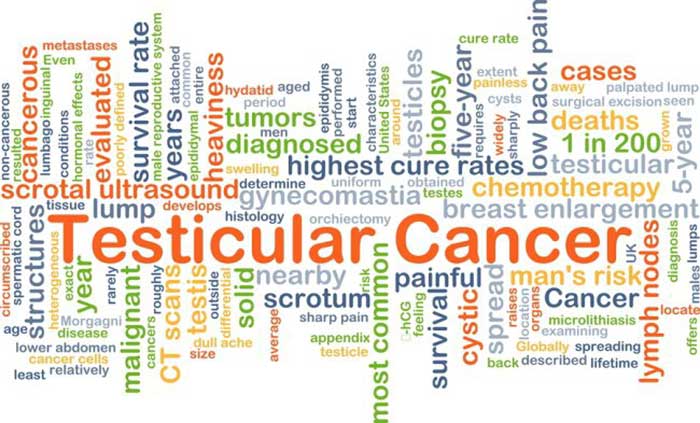A Stage-by-Stage Look at Testicular Cancer Treatment Options

A testicular cancer diagnosis is devastating. Patients may regain a sense of control over their lives by studying their treatment options with the help of a urologist. Like many other cancers, testicular cancer is often treated with multiple types of medical interventions. Urologists carefully develop treatment recommendations based on the stage and specific type of testicular cancer, along with the patient’s overall health.
In Situ
In situ cancer, or stage 0 cancer, is diagnosed when the cancer is confined to the testicle and the patient doesn’t have elevated levels of tumor markers. In some cases, in situ testicular cancer is managed with close surveillance. It may only need treatment if it shows signs of growing or spreading. If in situ cancer is treated, the testicle is usually removed or treated with radiation therapy.
Stage I
Stage I treatments depend on whether the cancer is a seminoma or non-seminoma. Stage I seminomas are treated surgically by removing the spermatic cord and testicle, followed by active surveillance, or either chemotherapy or radiation therapy. The treatment for stage I non-seminomas typically involves the surgical removal of the testicle, followed by one or more of these options:
- Active surveillance
- Removal of the lymph nodes at the back of the abdomen
- Chemotherapy
Stage II
If the patient has a stage IIA seminoma, he will likely have surgery to remove the testicle, followed by radiation treatment directed at the retroperitoneal lymph nodes. Otherwise, the urologist will likely recommend three or four cycles of combination chemotherapy. After the surgical removal of the testicle for patients with stage II non-seminomas, the level of tumor markers will determine the subsequent treatment. It may be chemotherapy, or the removal of lymph nodes, which may possibly be followed with chemotherapy.
Stage III
Although stage III testicular tumors have spread beyond the testicles, they are still highly treatable. Patients can expect the surgical removal of the testicle, followed by aggressive chemotherapy. It’s possible for cancer at this stage to spread to the brain, in which case the preferred treatment is usually radiation therapy. Surgery might also be an option.
Men with testicular cancer in Tennessee need answers and treatment options they feel confident about. That’s why so many patients have turned to Urology Associates, P.C. for cutting-edge care delivered by compassionate, understanding healthcare providers. New and current patients can reach us at 888-656-0667.